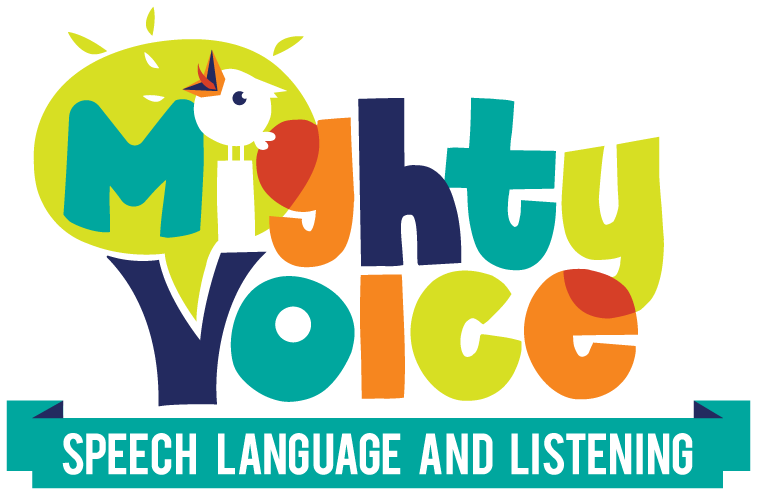With Christmas, Hanukkah, and other winter holidays around the corner, I’m sure many therapists are busy front-loading their students with all of the holiday info they might need. Think winter vocabulary, holiday greetings or decorations, a solstice themed craft…there are tons of opportunity to pre-teach our kiddos some of the language and vocabulary they might need.

But, I also think there’s a case to be made for teaching about holidays and incorporating them into therapy sessions after they’ve happened. As I’ve become more child-led and play-based, I’ve started to think about holidays differently.

Consider a student who has just come back from celebrating Thanksgiving with family. Instead of having to imagine what Thanksgiving might look like, she’s seen it. Instead of labeling pictures of food, he’s tasted it. And instead of pretending to play football after a big meal, they’ve experienced it.
Think about how much richer the dramatic play, how much deeper the vocabulary knowledge, and how many more connections a student might be able to make. Reading a book about an Easter basket will become more relevant after a student has seen one. Choosing their creepy preferences in a Halloween this or that is more meaningful when they understand the vocabulary. The same is true of St. Patrick’s Day activities after participating in a parade or discussing Christmas idioms after experiencing the holiday itself.

Obviously not every student will celebrate each holiday, and we need to be sensitive to that, but in communities where students are celebrating certain holidays, give some thought to “revisiting” a holiday in therapy after it’s happened. Maybe you even do both-a preview and a review. For most of our students, the more connections they make, the better.
